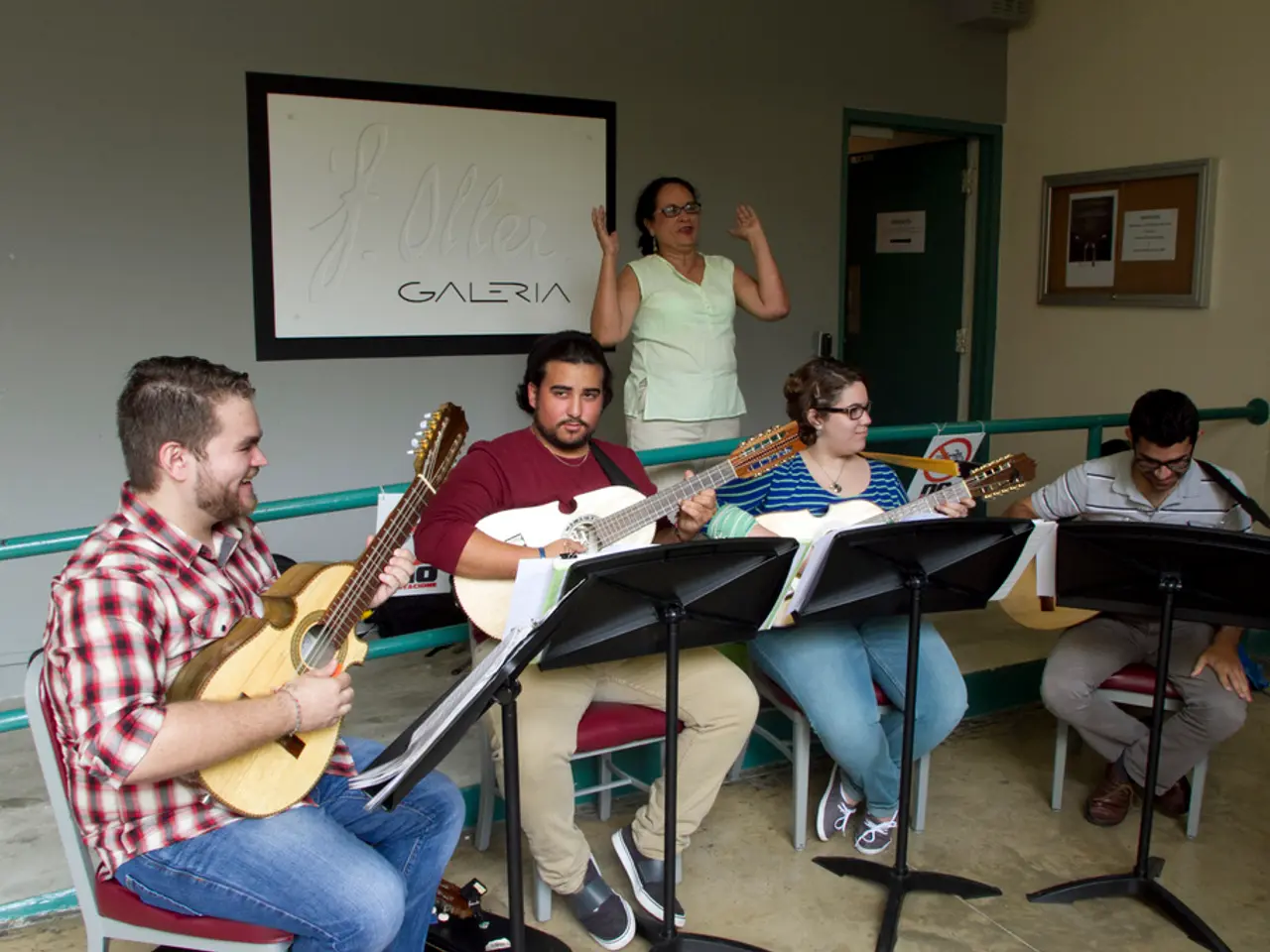Loan servicer temporarily halts tracking of payment counts, an action experts believe may lead to perplexity among students.
In a worrying development for student loan borrowers, the tracking and updating of qualifying payments for income-driven repayment (IDR) plans have been halted, leading to difficulties in accessing accurate information on loan forgiveness progress. This situation, caused by a combination of shifting policies, administrative pauses, and backlogs, is causing growing concerns among borrowers, potentially impacting their mental health.
Under the Trump administration, the Department of Education had stopped the tracking and updating of qualifying payments for the Public Service Loan Forgiveness (PSLF) program and related IDR plans. Borrowers have reported being unable to see updated progress towards forgiveness in their accounts, with new qualifying payment counts apparently not being processed or displayed. The reasons for this disruption remain unclear.
The Biden administration, in an attempt to improve tracking, had previously expanded PSLF and made administrative fixes, leading to a dramatic increase in forgiveness approvals. However, these efforts have been paused or reversed under the current administration, causing confusion and stalling progress tracking.
One of the recent announcements that have further complicated the situation is from Secretary of Education Linda McMahon, who announced on July 10, 2025, that borrowers enrolled in the Saving on a Valuable Education (SAVE) repayment plan will begin accruing interest again. McMahon urged borrowers to switch to other income-driven plans like the Income-Based Repayment Plan, stating that borrowers in the SAVE plan "cannot access important loan benefits and cannot make progress toward loan discharge programs authorized by Congress."
The Department of Education is reportedly working through a backlog of about 1.6 million IDR applications, related in part to a processing pause previously imposed. This backlog has contributed to delays in updating borrowers’ payment counts and forgiveness status. Borrowers switching repayment plans are said to expect quicker processing, but the overall system remains strained.
This environment of shifting policies, administrative pauses, and backlogs has left many borrowers unable to easily access or verify their progress towards loan forgiveness under income-driven repayment programs, exacerbating confusion and uncertainty about their financial outlook.
Borrowers cannot reliably find information on how many payments they've made towards public service forgiveness from their loan servicers. Alyssa Dobson, director of financial aid and scholarships at Slippery Rock University in Pennsylvania, described the current state as "mass chaos and confusion." Betsy Mayotte, president of the Institute of Student Loan Advisors, stated that the situation is causing confusion and anxiety for borrowers.
MOHELA, a student loan servicer managing over 7 million federal student loan accounts, is temporarily removing the ability to track loan forgiveness payment counts. An automated voice message from MOHELA states that they do not have additional information related to IDR forgiveness counts.
The temporary pause in loan forgiveness payment tracking comes amidst ongoing litigation over former President Biden's student loan repayment plan. Republican state attorneys general sued, arguing the plans were too generous and footed by non-college-educated taxpayers.
In conclusion, the lack of updated payment tracking and ongoing administrative delays under the current Department of Education are the primary reasons students are experiencing difficulties accessing forgiveness progress information for income-driven repayment plans. This situation is linked to recent policy changes, processing backlogs, and the ending of certain pandemic-era waivers and relief measures. Borrowers are advised to regularly check their accounts at StudentAid.gov, the only place where they can find this information, for any updates.
- The halt in politics regarding the tracking of qualifying payments for income-driven repayment plans, particularly the Public Service Loan Forgiveness program, has led to finance-related concerns among borrowers, especially when it comes to accessing accurate information on loan forgiveness progress.
- The current administration's approach towards student loans, marked by shifting politics and administrative pauses, has caused confusion in the finance sector, particularly in terms of general-news updates about loan forgiveness progress under income-driven repayment programs.




